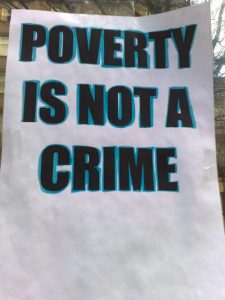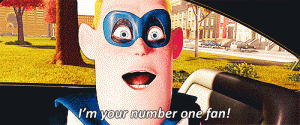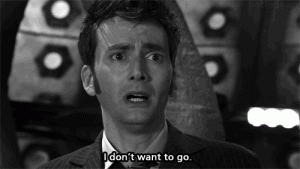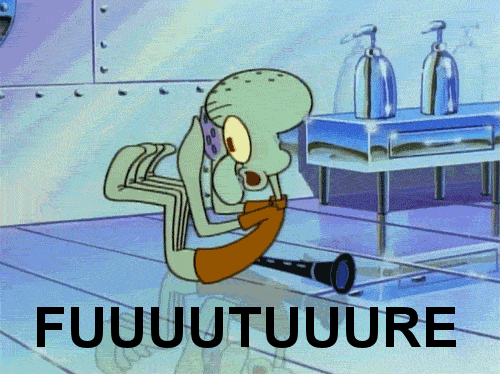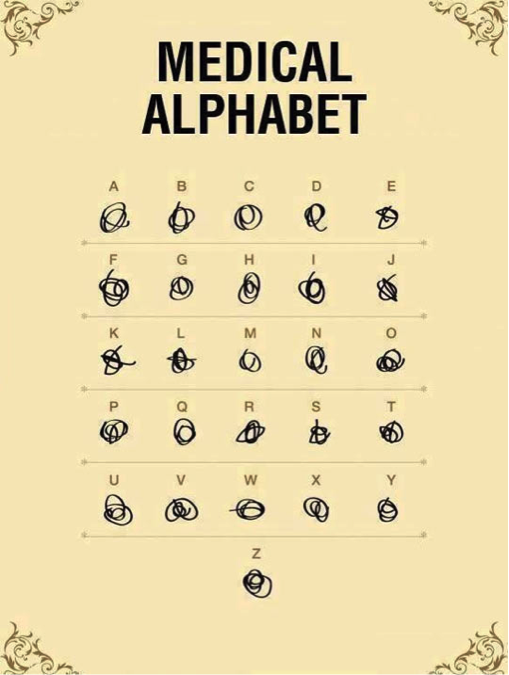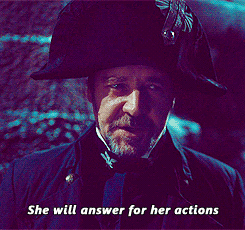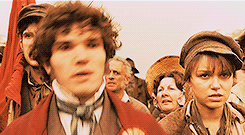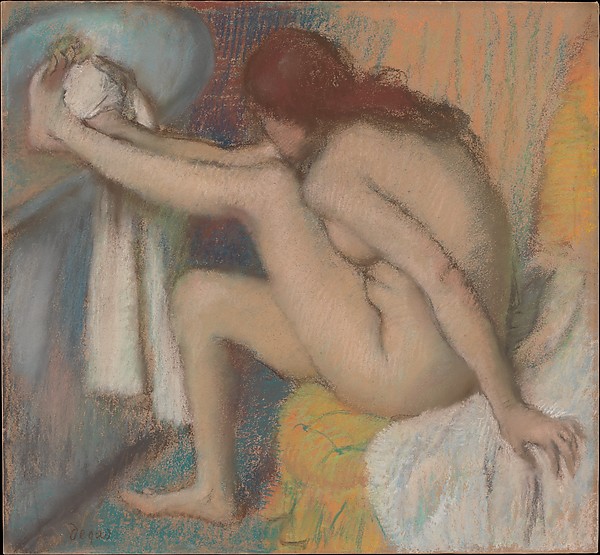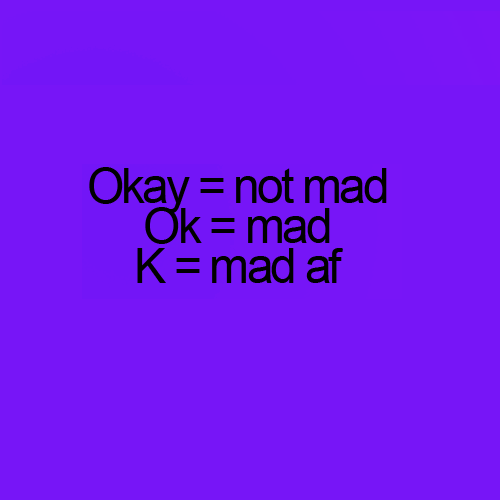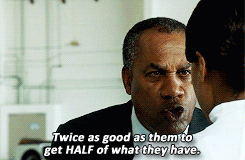This past Saturday, a reminder popped up on my iPhone to alert me of my flight in one week. I am only THREE DAYS away, from returning home to my real life, and only ONE MONTH away, from returning to the Duke Bubble.

Wait, what?
I find it so funny that I came to New York and into our program, thinking that this would be entry into the “real world.” I wouldn’t have a resident assistant down the hall or my parents hovering over my every move. I wouldn’t be just taking classes, but I would be working a full-time job, not to mention a full-time job in the Big Apple, quite possibly the busiest city I’ve ever stepped foot in in my entire life. I would be cooking, cleaning, budgeting, all for myself—sort of a simulated adulthood, right?
Not going to lie, it was a lot at first.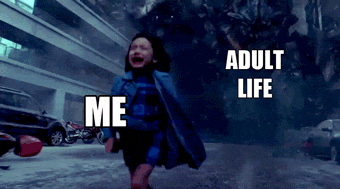
We. Were. Busy.
But in reality, this city, this experience, this job, this group, has all been somewhat of a fantasy. When will I ever again be living in close quarters with 8 other super-woke, bad-ass women? Over the course of two months, I’ve had deep-dive conversations and revelations with these gals surrounding topics that would never have previously been mentioned in any conversation I was a part of. I’ve gotten accustomed to being so disconnected from the normal Duke environment, or my normal home environment—the people I will be surrounded by for the majority of my next 3 years, my “real world.”
Now, us Moxies will have to re-enter these communities, and for me, I’m not sure how I will be able to navigate them. I have an abundance of new knowledge and perspectives, and I’m more anxious now to leave than I ever was when I came here. I’m not sure how I’ll be  able to have these conversations with other people, who may be close-minded and sometimes, ignorant; how I will be able to overcome this struggle when those people are my friends and especially, in the case of my family. Then, load on top of this my academics and my extracurriculars, and the other formalities of being a “Duke student,” I don’t know how to feel about returning to my “real world.”
able to have these conversations with other people, who may be close-minded and sometimes, ignorant; how I will be able to overcome this struggle when those people are my friends and especially, in the case of my family. Then, load on top of this my academics and my extracurriculars, and the other formalities of being a “Duke student,” I don’t know how to feel about returning to my “real world.”
Reflecting altogether on this experience, I am so extremely thankful for what Moxie has given me, because I do not believe I would have had this chance at any time in my official, Duke career. Yet, I feel that my Moxie toolbox will make it difficult for me to re-integrate into my past environments of comfort and for me to accept the horrors that plague our country and our world today. What does this mean for my academics, what does this mean for my career, what does this mean for the path I choose in life, and the people I choose to spend it with? What do I really want to accomplish in my life?
But, maybe that’s the point…


